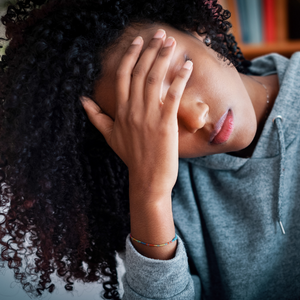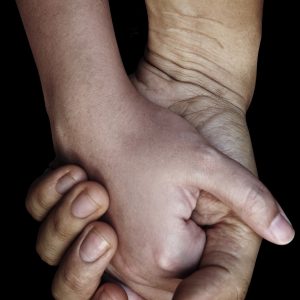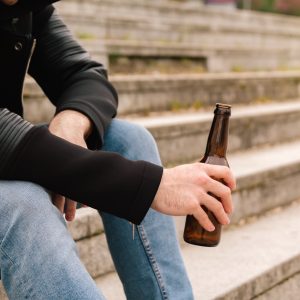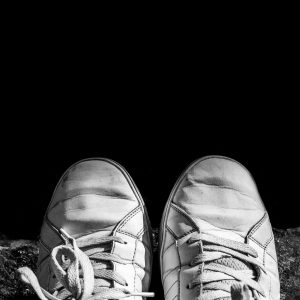Post-Traumatic Stress Disorder (PTSD)

You might develop post-traumatic stress disorder (PTSD) after experiencing a traumatic event. We all respond to traumatic events differently but examples of a traumatic event for many people might include being involved in a car crash, being assaulted or seeing other people hurt.
After a traumatic event it is usual to experience some symptoms of PTSD such as feeling numb or having trouble sleeping and these symptoms might usually disappear within a few weeks. If your symptoms last longer than a month you might have PTSD.
Symptoms can include reliving aspects of what happened with vivid flashbacks or nightmares and feeling pain sweating, nausea or trembling, feeling on edge and being easily upset or experiencing angry behaviour, avoiding feelings or memories and feeling like you can’t trust people or that nowhere is safe and blaming yourself.
If PTSD has physical symptoms that may be due to stress hormones that our body produces when we don’t feel safe. This is the fight, flight or freeze response.
The fight, flight or freeze response is hardwired into our DNA and would once have helped protect us from dangerous situations such as being chased by a wild tiger. When we don’t feel safe, our bodies react by releasing hormones such as adrenaline and cortisol and can result in an instinctive response. These hormones make us feel more alert so we act faster (and run away from the tiger) and our hearts beat faster sending blood to where it’s needed most – away from our digestion and into our heart, lungs and brains. Our bodies can cope with short bursts of adrenaline and cortisol but when we experience this frequently, this can result in feelings of anxiety.
Things to help you cope with PTSD
Focus on breathing
When you don’t feel safe your breathing can speed up so slowing down your breathing can tell your brain that you are safe. Try long slow breaths in and out through your nose – a count of four in and count of eight out. Or try square breathing – again through your nose, breathe in for a count of four, hold for four, out for four and hold for four and continue this for a minute or so and see if that helps. Stomping or jogging on the spot to distract your thoughts and regulate your breathing can also be helpful.
Affirmations
Say out loud each day that the trauma is over and that you are safe. Do this when you are not feeling panicked and write it down to remind yourself to say this often.
Grounding techniques
Help stay connected to what is happening in the present time will distract you from focusing on the past event. Do this by describing your immediate surroundings out loud or give yourself the task of choosing, say, nearby objects of a particular colour to either count or name.
Keep a journal
Write down what happens when you have a flashback as this could help you spot patterns and identify triggers. This can also help you see early signs and predict when a flashback is about to happen. That way you can prepare for this by focusing on your breath or practicing a grounding technique.
Self referral
Our resources section provides some self-help websites, some of them accept direct self-referrals from you, but if you would like a mental health nurse to review your self-referral and provide some further guidance, please click on Do Self Referral. We hope to contact you within 28 days. If you haven’t heard from us after this, call your GP.
Do Self Referral

Self help resources
Resources can be accessed below.
View self help resources

















